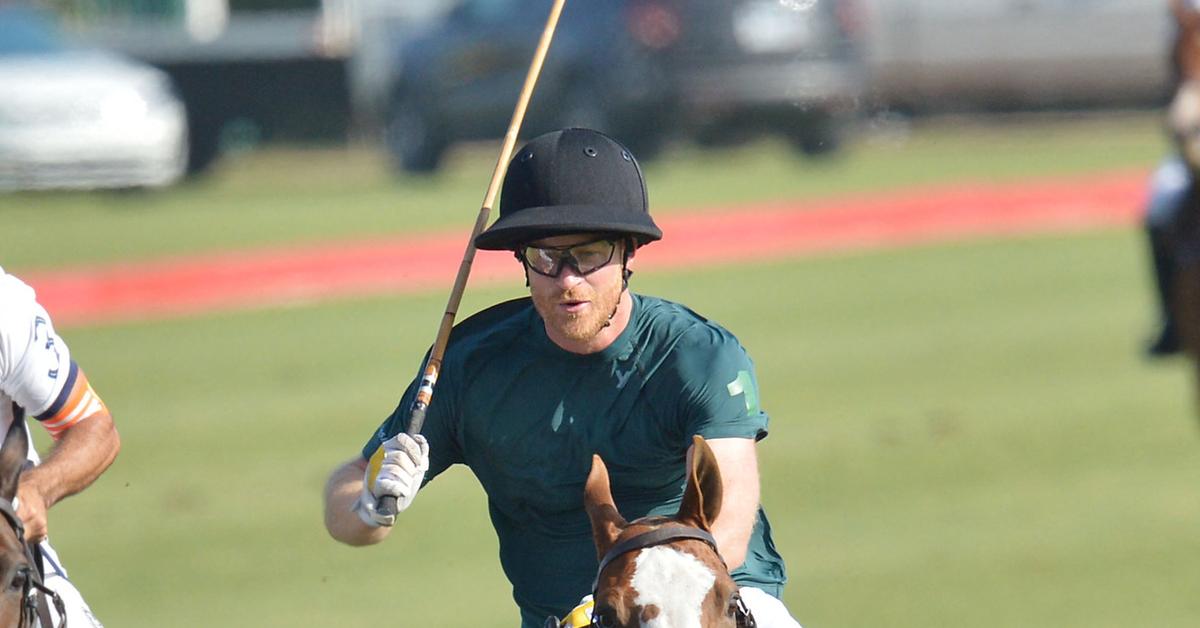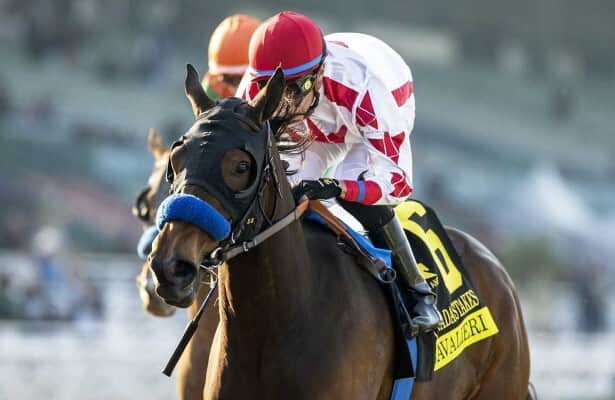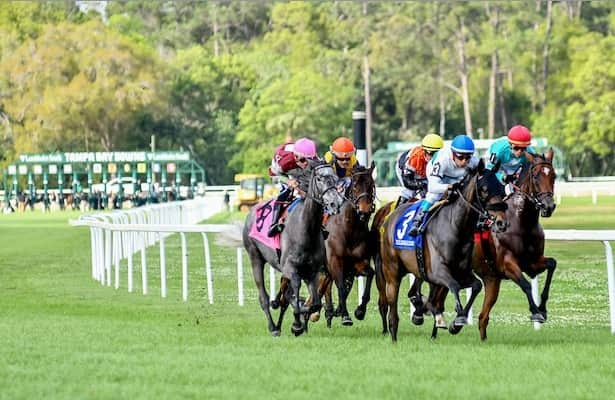How Royal Patronage Elevated Horse Racing to a National Pastime

Horse racing has long been associated with England. But, why is that, if the sport has been around much longer? The reason has to do with the reinvention of horse racing by the Victorians, who introduced new rules, safety standards, and a much more rigid guide for humane treatment of the equestrian athletes.
There is, however, another reason for the sport’s ties to the island nation; the royal family. It is no secret that the royals are patrons of many sports, chief among them being horse racing. Not only do they have their own stables, but the English Royal family also have their own race horses. On top of that, they are intricately tied to many of England’s biggest horse racing events.
Article continues below advertisement
The Roots of Royal Patronage
As we said before, the sport is much older than the Victorians. It was during the ancient era that horse and chariot races first sprang up. And it was also during that era that royalty first became associated with horse racing. During the period, the royals and the nobility would sponsor horses, and place wagers on the animals. So, in a sense, it was also royal patronage that spawned horse racing wagers.
Of course, today, betting on horse races remains a staple of the industry. In fact, most people are happy to skip horse racing events all together, if they can place a bet. Which is why horse racing online betting sites are thriving. Sportsbooks online make placing wagers simple, easy, and a lot more convenient. With welcome bonuses and loyalty offers, the internet bookies are a great place to look for punters, new or seasoned.
But, we know now how horse racing and betting became tied to royalty. But, what is the connection to England’s Queens and Kings? Well, a connection can be traced back to James I, who established Newmarket as a horse racing center. However, it wasn’t until Charles II that royal patronage truly became associated with the sport. Charles codified new, strict rules, and even participated in races himself, which is how he became known as the “Father of the English Turf.”
The Impact of Royal Patronage
We now know the roots of horse racing’s connection to the English monarchy. But, the question remains, what impact did royal patronage have on the sport. The answer may not be complicated, but it is fascinating. The monarchy’s interest in horse racing led to several revolutionary achievements in the sport, and also the establishment of many of England’s most popular horse racing events.
Article continues below advertisement
Few horse racing fans are unfamiliar with the Royal Ascot, the St. Leger Stakes, and the Derby. However, many more may not realize the part that royal patronage played in the establishment of these events. The Royal Ascot’s association with the crown is, of course, obvious. But, the interest that monarchs took in horse racing also led to the rising popularity of the Derby and St. Leger Stakes. Their involvement also led to these events becoming a sort of national tradition, and acquiring a general sense of grandeur.
Under the rule of George II, in 1750, the Jockey Club began to operate for the very first time. A collection of English noblemen came together to discuss rules, regulations, safety and security concerns, and more. Today, the Jockey Club is the largest horse racing organization operating in the United Kingdom. The royal family has been greatly involved with its formation and continued existence.
Outside of England, royal families continue to sponsor and appreciate horse racing events. However, the royal connection to horse racing did spawn a sort of elitism around the sport. Thankfully, in recent years, the elitism has subsided, and horse racing has become a lot more accessible to the public. Today, everyone can enjoy a horse race, whether they be working, middle, upper, or royal class.
The Modern Day
Historically, England’s kings and queens have had quite an impact on horse racing, as we’ve come to understand. However, the tradition remains alive to this day. The late Queen Elizabeth II, for example, was a huge fan of horse racing, and horses in general. In fact, she had quite the reputation as a horse owner and breeder, and was frequently seen at various horse racing events, such as the Royal Ascot.
Her dedication to the sport managed to keep the tradition of royal patronage alive, and in fact, upon her death, her son, the current king, Charles III, took over the reins, so to speak. King Charles continues his patronage to various horse racing events, and has even entered some of the royal horses in well-known events, such as Cheltenham.
As for what comes next, we can’t quite say. Prince William has attended a few horse racing events, including the Royal Ascot. On the other hand, the continuously controversial Prince Harry seems to not have much of an interest in racing. From a young age, the man has been involved with horses through polo, but racing just does not seem to grab him.
The Future of Royal Patronage
It is difficult to assess what the future holds for royal patronage and horse racing. The current English monarch does seem to be interested in keeping the tradition going, and his immediate heir has at least shown an interest in horse racing, and attending the most important events. So, it is unlikely that the royal family of England will cut their ties to horse racing any time soon.
However, what the future holds, we can’t say. Perhaps there will come a time when the English monarchs will lose interest in horse racing, and move on to another sport, like cricket or football, both of which are incredibly popular in the United Kingdom, and have deep ties to English culture and history. Or, perhaps the tradition will continue for decades, or even centuries to come.
Whatever the future holds, one thing is certain; it is hard to say where horse racing, as a sport, would be without the patronage of the royal family. Monarchs from England’s history have ensured that horse racing becomes a regulated, safe, and gripping sport, of that there is no doubt.
Related
Leading Parx jockey Sanchez will serve 7-day suspension
Photo: Jason Moran / Eclipse Sportswire Jockey Mychel Sanchez will serve a seven-day suspension and pay an additional $1,750 in fines
Bill Mott talks about plans for Sovereignty, Just F Y…
Photo: Gulfstream Park / Lauren King Sovereignty, dramatic late-running winner of the Fountain of Youth (G2) March 1, is being pointed
Up-and-coming Cavalieri chases Grade 1 glory in Beholder Mile
Photo: Santa Anita / Benoit Photo Cavalieri and Alpha Bella, who finished one-two in the Grade 3 La Cañada in January at Santa Anita,
4 stakes showcase shipping stars on Tampa Bay undercard
Photo: Gonzalo Anteliz Jr. / Eclipse Sportswire The stars will shine Saturday at Tampa Bay Downs, and not just in the Grade 3 Tampa Ba











